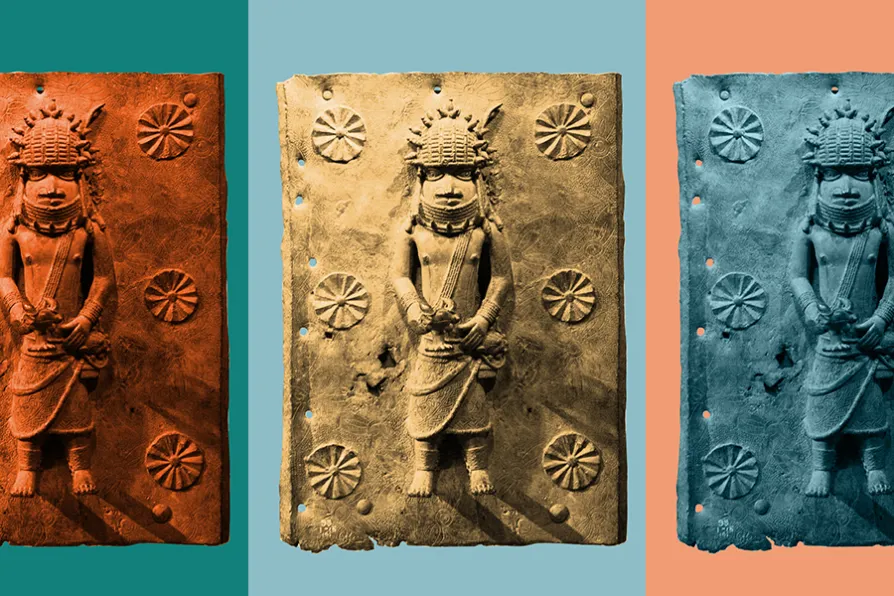By pressuring Mexico to halt oil shipments, Washington is escalating its blockade of Cuba into a direct bid for economic collapse and regime change, argues SEVIM DAGDELEN

 A Benin Bronze plaque on display in the British Museum
[Source Image: Michel Wal / Creative Commons]
A Benin Bronze plaque on display in the British Museum
[Source Image: Michel Wal / Creative Commons]
AN early scene in the iconic hit movie Black Panther shows the anti-hero, Killmonger, in a museum arguing that an artefact was not made by the Fula tribe as advertised but instead had been taken by British soldiers in Benin and was from the kingdom of Wakanda. A work of fiction informed by fact.
Earlier on this year the government of Germany at last agreed to return to Nigeria its share of the priceless artefacts that were stolen from the kingdom of Benin in 1897.
These treasures, the Benin Bronzes, were looted by the British from the ancient kingdom of Benin. Situated in what is now Nigeria, the kingdom was razed to the ground by the British in retaliation for the killing of a British force a year earlier that had tried to capture the ruler, known as the Oba.

A US air strike in north-west Nigeria, publicly framed as a Christmas act of counterterrorism, reveals a deeper shift in how power is exercised in Africa, argues RAIS NEZA BONEZA

ROGER McKENZIE shines a light on conflicts in Sudan and Nigeria, where Western powers are intent on laying claim to valuable resources necessary for market dominance

Nigeria’s presidential spokesman grovels to the West in response to Washington intimidation, writes PAVAN KULKARNI

ROGER McKENZIE reports on the west African country, under its new anti-imperialist government, taking up the case for compensation for colonial-era massacres










